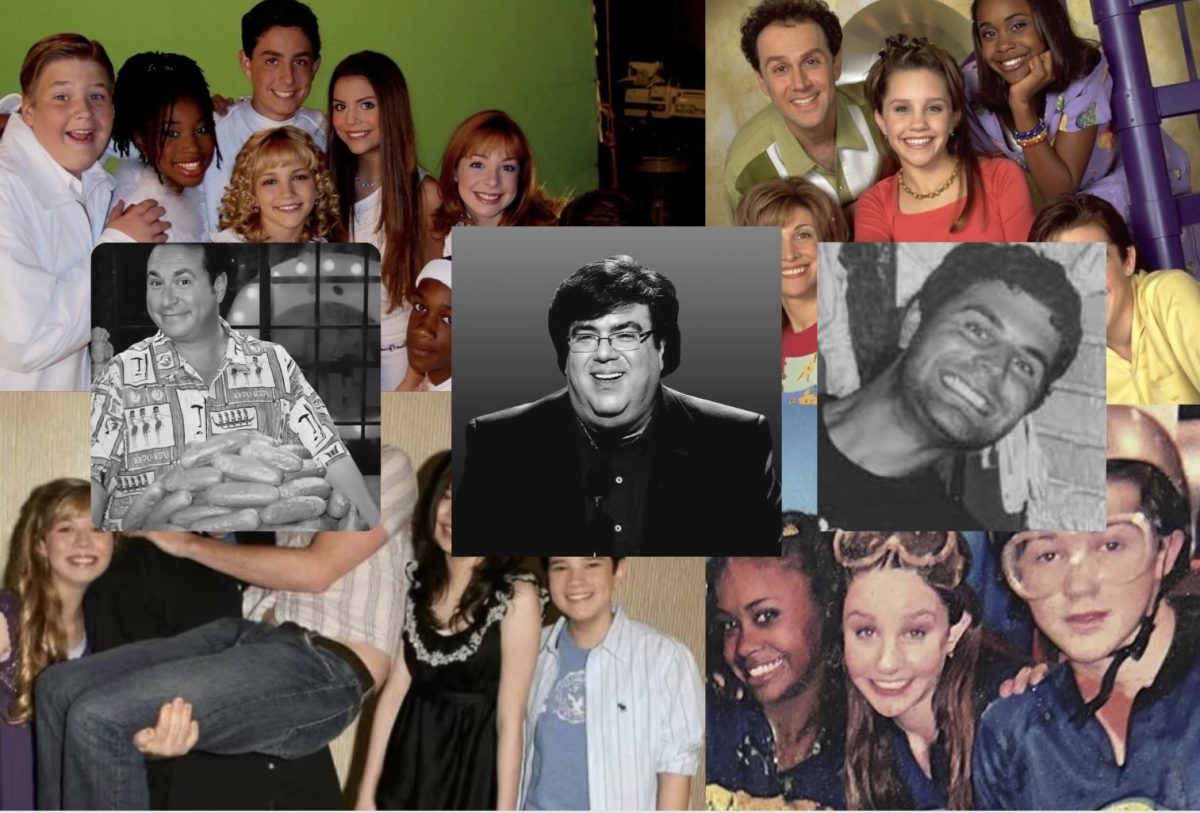Do you really need to know what you’re talking about when you answer the essay question on the SAT?
Apparently not. Experts say, and the makers of the test pretty much acknowledge, that style — or maybe more aptly, formula — can trump substance on the essay question of the standardized college admissions test.
“There’s a way to prepare in that the content is deeply secondary to the writing,” said Colin Gruenwald, SAT manager at Kaplan Test Prep.
The question arose again after complaints about an essay prompt on the last SAT in mid-March that involved reality television.
There was a hue and cry that the question put some of the best students at a disadvantage because they were often too busy with other, worthier pursuits, to be watching Snooki and The Situation. Some students complained they’d been blindsided.
“We would have been much happier seeing references to literary works or global topics rather than an essay about popular culture,” said Michael Kuchar, the superintendent of schools and guidance director at Bergenfield High School.
But the College Board, which prepares and administers the test, said the question was relevant and in keeping with the goal of prompting good writing. The response also seemed to say that the topic, any topic, is somewhat irrelevant to the exercise.
“The central task of the SAT essay is to take one side of an issue and develop an argument to support that position. Questions raised about a recent SAT essay prompt miss this basic point and confuse the literal topic with the task of writing the essay,” said the statement released by the board and attributed to Senior Vice President Laurence Bunin.
The statement went on to say that “using a popular culture reference is not only appropriate, but potentially even more engaging for students.” And, indeed, some have praised the topic as the College Board’s attempt to appeal to its teenage constituency.
Three questions were offered in March, with test takers randomly getting just one of the trio. The other two dealt with more conventional essay topics such as whether it is better to act quickly or wait patiently.
The controversial prompt read:
“Reality television programs, which feature real people engaged in real activities rather than professional actors performing scripted scenes, are increasingly popular. These shows depict ordinary people competing in everything from singing and dancing to losing weight, or just living their everyday lives. Most people believe that the reality these shows portray is authentic, but they are being misled. How authentic can these shows be when producers design challenges for the participants and then editors alter filmed scenes?
“Do people benefit from forms of entertainment that show so-called reality, or are such forms of entertainment harmful?
The test makers said the question allowed students to expound on underlying issues such as the effects of television on society and the desire for fame and celebrity. They said the prompt was wide-ranging enough to engage even those who lacked a familiarity with reality television.
But every good writer knows that it’s better to show than to tell, and the SAT’s own instructions suggest students use examples to bolster their writing.
Nevertheless, those familiar with the SAT say you can get around not knowing your subject.
“If you really don’t have a clue on what the topic is, you can score well if you follow a formula,” said Kuchar, from Bergenfield, N.J. That formula consists of four paragraphs: a thesis, two supporting paragraphs, and a summary that can work if you basically “refer back to the prompt,” even using its language, experts say.
Gruenwald said the latest question was a “paradigm shift,” but that he was “confident a student could answer without having ever watched reality TV.” It’s all about the fundamentals of good writing and grammar, he said, and less about “Celebrity Apprentice” and “Top Chef.”
“The subject isn’t really relevant,” said Gruenwald. “It’s more about the form and execution. The job is to make the argument.”
———
(c) 2011, North Jersey Media Group Inc.
Visit The Record Online at http://www.northjersey.com/.
Distributed by McClatchy-Tribune Information Services.






